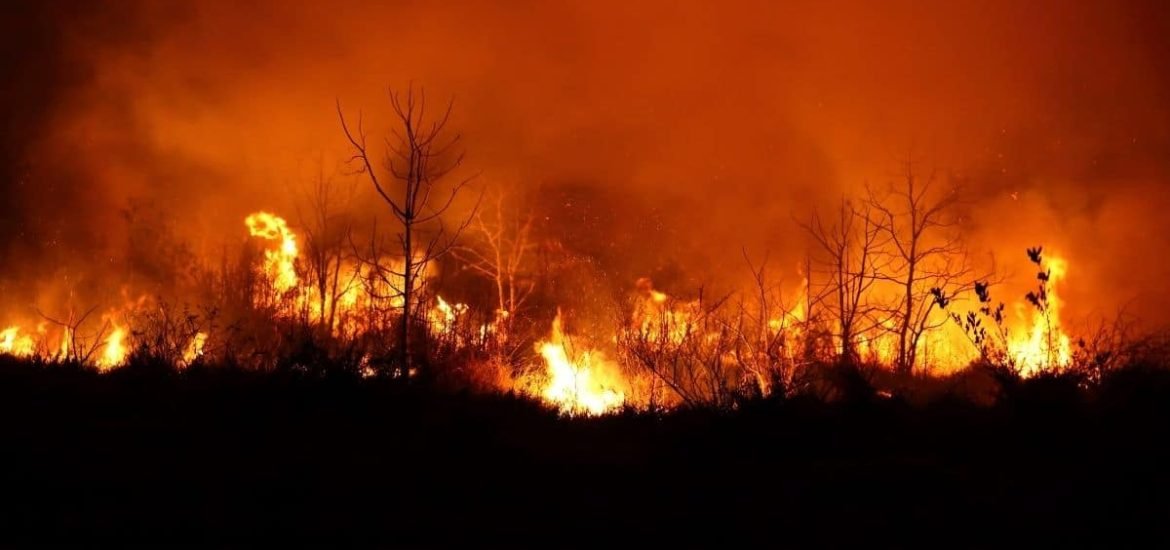
Around two-fifths of the world’s flora and fauna are at risk of extinction, according to a new report released by the Royal Botanic Gardens, Kew on 30 September, putting the number of plant species at risk at around 140,000.
Plants and fungi are crucial to sustaining life, provide food and essential medicines, as well as fuel and raw materials. Loss of certain plant species could dramatically alter the state of life on Earth.
“We would be able not to survive without plants and fungi — all life depends on them — and it is really time to open the treasure chest,” said Alexandre Antonelli, director of science at Royal Botanic Gardens, Kew, in a statement.
Despite the urgency, progress on preventing biodiversity losses in the last decade has fallen short, according to a UN report published last week. None of the 20 biodiversity targets agreed upon by 194 countries in Nagoya, Aichi Prefecture, Japan in 2010 has been met.
“Biodiversity is being lost – locally, regionally and globally”
The latest assessment entitled ‘State of the World’s Plants and Fungi 2020’ is based on the research efforts of 210 scientists in 42 countries. The finding that 40 per cent of plant species are at risk of extinction represents a 20 per cent increase on estimates of 2016 Kew report. Although, the increase may be partly down to more sophisticated and accurate assessments.
Nonetheless, the authors point to continued human destruction of the natural world as the main culprit driven by soaring deforestation rates and continual clearing of land to feed the growing global population. Illegal trade has erased entire plant populations and non-native species often outcompete local flora. At the same time, wildfires are destroying entire forests.
Humanity depends on a very small number of plant species for food – just 15 plants provide 90 per cent of all calories – which are increasingly threatened by climate change and new pathogens. The study also found that just like plants, fungi are highly susceptible to human activity and their numbers are declining rapidly, too. Whole populations of plant and fungi have already been eradicated in some parts of the world.
The authors write: “Never before has the biosphere, the thin layer of life we call home, been under such intensive and urgent threat”. Researchers are in ‘a race against time’ to identify and conserve plant species before they are lost forever.
The researchers urge world leaders to implement strategies to save endangered species. They say more funding is needed to discover and conserve species that could help tackle some of humanity’s biggest problems, including food insecurity and climate change. Certain species could also be used for biofuels or as medicines to treat disease. For instance, the report revealed that more than 7,000 edible plants hold potential for future crops.2,500 plants have the potential to be used for fuel.
“Every time we lose a species, we lose an opportunity for humankind. We are losing a race against time as we are probably losing species faster than we can find and name them”, said Antonelli.